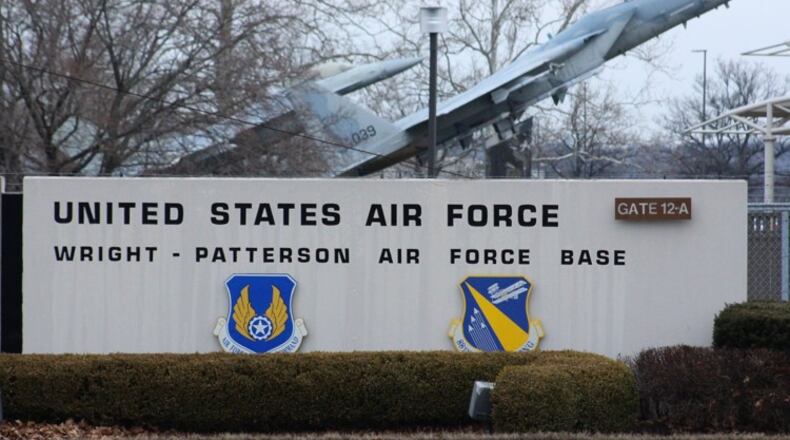Both senators fought for the $61 million for NASIC – phase one of a larger modernization effort.
“This investment ensures our servicemembers have the necessary resources to tackle security challenges we face around the world,” said Brown.
Sen. Rob Portman, R-Ohio, meanwhile, said the money “will provide the necessary funding for 2019 to start the important facility upgrades so that NASIC can continue its important work. An earlier authorizing bill allowed Congress to spend a total of $182 million for phase one and two of the NASIC modernization effort, with the $61 million being the first installment of that money.
Portman said NASIC’s main campus on an antiquated and overcrowded World War II-era facility, supported by temporary structures.
The bill also included $366.9 million to decontaminate and decommission the former Portsmouth Gaseous Diffusion Plant in Piketon, Ohio. The former uranium enrichment plant cannot be developed until it’s fully cleaned up. The Senate also approved $41 million for the onsite disposal cell. Portman said that the money will keep those working to decontaminate and decommission the site employed.
The bill also included $7.4 million to expand training capabilities at the Ohio National Guard’s Camp Ravenna Joint Military Training Center with a new automated machine gun range.
Finally, the bill included language barring the Army Corps of Engineers from dumping toxic material dredged from the Cuyahoga River shipping channel into Lake Erie without the approval from the State of Ohio as well as language forcing the Corps to release a report aimed at helping to prevent Asian Carp from entering the Great Lakes, threatening its $7 billion fishing industry. Brown and Portman say the report is necessary to help federal, state, and local policymakers determine how best to keep Asian carp out of the Great Lakes.
About the Author
